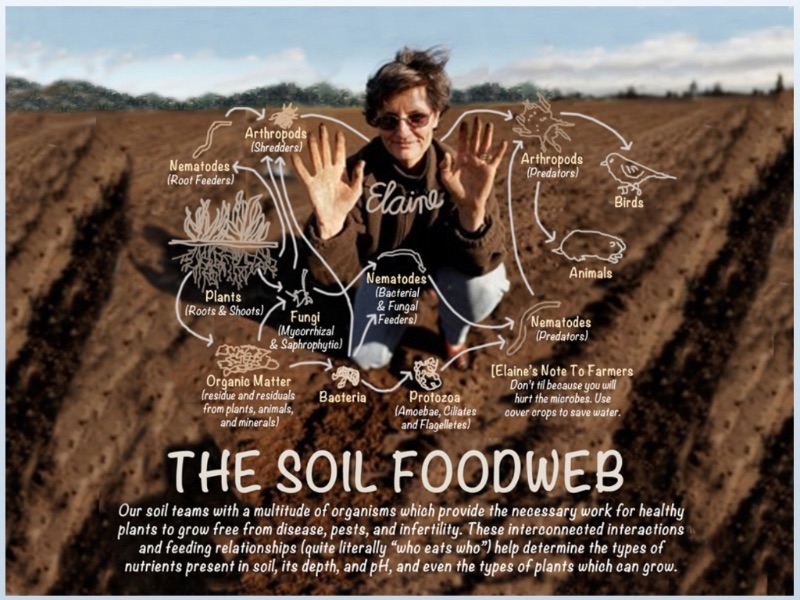Ep. 73: Adam Kesselman, Executive Director & Board Member of the Center for Ecoliteracy; and Vince Caguin, Director of Nutrition Services & Warehousing @ Natomas Unified School District – Sacramento, CA ||
.
On Sourcing Matters episode 73 we welcome Adam Kesselman, Executive Director & board member of the The Center for Ecoliteracy -&- Vince Caguin, Director of Nutrition Services & Warehousing Natomas Unified School District in Sacramento CA.
.
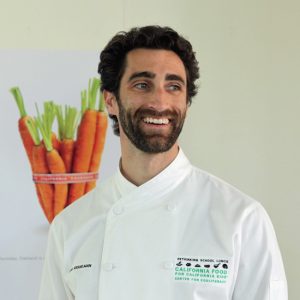 Kesselman’s programs encourage schools to teach and model education for sustainable living – beginning with a good diet. The students that Adam and Vince work with have an opportunity to experience and understand how nature sustains life and how to live accordingly. One such program – California Thursdays – now servers over 334 million school meals a year, which accounts for 33% of the school meals in California. Every meal serves California-grown, for California kids – and of which has focus on food quality and integrity from the source. Economists estimate that every dollar spent on local food can generate up to an additional $1.40 in spending, supporting local economies. So, built upon that – what’s it worth to any of us to provide our kids and our neighbor’s kids preventative healthcare and good consumption habits – things that tend to carry-on for a lifetime.
Kesselman’s programs encourage schools to teach and model education for sustainable living – beginning with a good diet. The students that Adam and Vince work with have an opportunity to experience and understand how nature sustains life and how to live accordingly. One such program – California Thursdays – now servers over 334 million school meals a year, which accounts for 33% of the school meals in California. Every meal serves California-grown, for California kids – and of which has focus on food quality and integrity from the source. Economists estimate that every dollar spent on local food can generate up to an additional $1.40 in spending, supporting local economies. So, built upon that – what’s it worth to any of us to provide our kids and our neighbor’s kids preventative healthcare and good consumption habits – things that tend to carry-on for a lifetime.
.
In our 40 minute discussion we chat about the importance of regional production models, and how to own – our own – provenance. We discuss that we’re not all California! We learn of current initiatives that have seen success; with some home runs in there that could see continued Statewide growth, and capacity for a replicable model for other parts of the US. We learn what keeps their current programs afloat, and what steps they’re taking to motivate diverse stakeholders to partake in these rewarding programs.
.
Could the buying power of hundreds or thousands of neighborhood schools be pooled to encourage regional production capacity? What’s the worth of purchase commitments from districtwide buyers? California has demonstrated that you can guarantee supply of fresh, quality and clean food on a school’s budget – through supporting the growth of modern regional farming infrastructure.
TuneIn to hear how about the New School Food plan coming out of California. The approach may very well help you and your region, where ever you live.
–


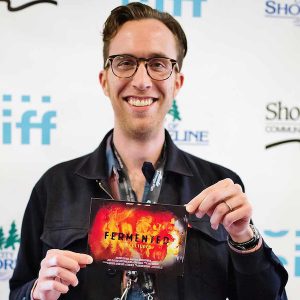 From episodes of Anthony Bourdain’s “Parts Unknown” and the PBS & Netflix program – “Mind of a Chef” – Cianfrani has been worked as a producer, director and editor for New York City – based – Zero-Point-Zero (ZPZ) production. Most recently, Jon directed the feature documentary titled “Fermented” which is scheduled to air online in April 2019. Hosted by Chef Edward Lee, the film poses the question: “What is Fermentation?” to chefs and artisans on the west coast, Chicago, and rural Japan.
From episodes of Anthony Bourdain’s “Parts Unknown” and the PBS & Netflix program – “Mind of a Chef” – Cianfrani has been worked as a producer, director and editor for New York City – based – Zero-Point-Zero (ZPZ) production. Most recently, Jon directed the feature documentary titled “Fermented” which is scheduled to air online in April 2019. Hosted by Chef Edward Lee, the film poses the question: “What is Fermentation?” to chefs and artisans on the west coast, Chicago, and rural Japan.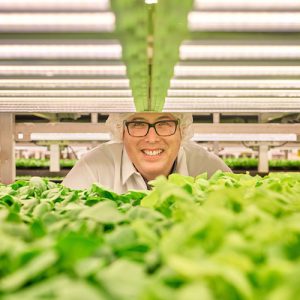 AeroFarms is a leading clean-technology champion, building and operating state-of-the art indoor vertical farms in major cities around the world. Helping set new culinary standards for freshness and flavor, AeroFarms has been recognized as a Global Cleantech 100, Inc.com’s Top 25 Disruptive Companies, Winner of the World Technology Award for Most Impactful Environmental Company, and Finalist for The Circular Awards of The World Economic Forum.
AeroFarms is a leading clean-technology champion, building and operating state-of-the art indoor vertical farms in major cities around the world. Helping set new culinary standards for freshness and flavor, AeroFarms has been recognized as a Global Cleantech 100, Inc.com’s Top 25 Disruptive Companies, Winner of the World Technology Award for Most Impactful Environmental Company, and Finalist for The Circular Awards of The World Economic Forum.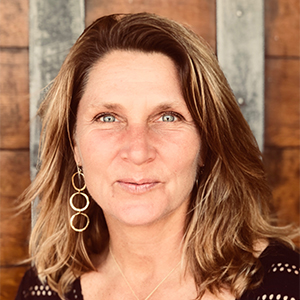 The goal of regenerative organic agriculture is to offer practical solutions to the world’s biggest social and ecological challenges. We’ve learned that we’re beyond the point of sustainability and we need to regenerate the soil and land that supports us, the animals that nourish us, and the farmers and workers that feed us. This has developed into a call to action of the ROA and defined a path forward where we’re all part of the solution.
The goal of regenerative organic agriculture is to offer practical solutions to the world’s biggest social and ecological challenges. We’ve learned that we’re beyond the point of sustainability and we need to regenerate the soil and land that supports us, the animals that nourish us, and the farmers and workers that feed us. This has developed into a call to action of the ROA and defined a path forward where we’re all part of the solution.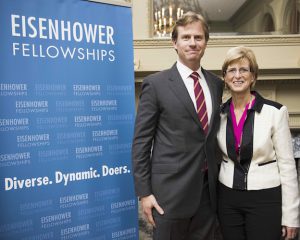 Governor Whitman is American Republican politician and author who served as the 50th Governor of New Jersey, from 1994 to 2001, and was the Administrator of the Environmental Protection Agency (EPA) in the administration of President George W. Bush from 2001 to 2003. Whitman was New Jersey’s first and, to date, only female governor, and also the first Republican woman to be reelected governor. Governor Christine Whitman is currently President of The Whitman Strategy Group (WSG), a consulting firm that specializes in energy and environmental issues.
Governor Whitman is American Republican politician and author who served as the 50th Governor of New Jersey, from 1994 to 2001, and was the Administrator of the Environmental Protection Agency (EPA) in the administration of President George W. Bush from 2001 to 2003. Whitman was New Jersey’s first and, to date, only female governor, and also the first Republican woman to be reelected governor. Governor Christine Whitman is currently President of The Whitman Strategy Group (WSG), a consulting firm that specializes in energy and environmental issues.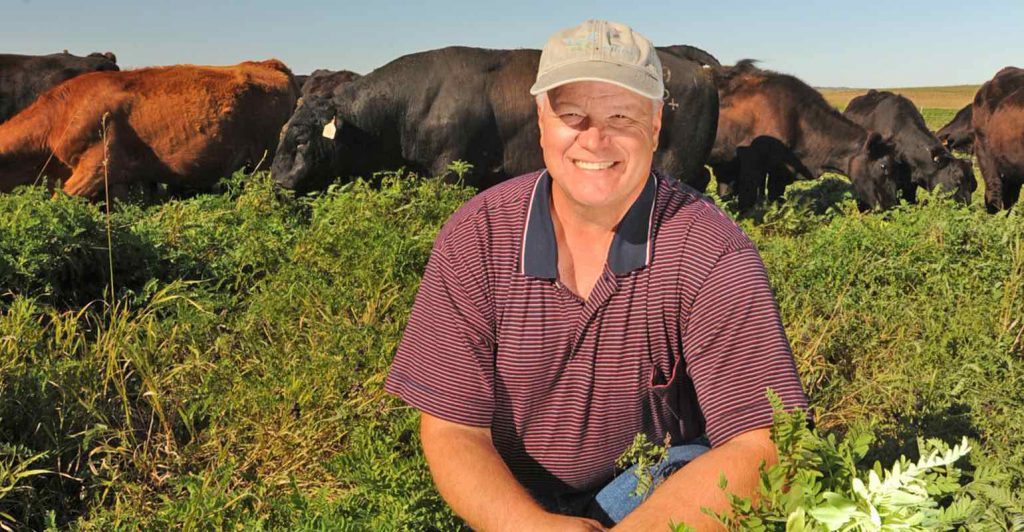
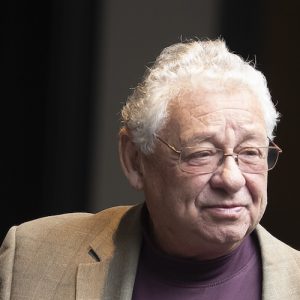 In early November 2018 Goldberg hosted The “ChooseFood” symposium in Baltimore. It was a gathering to evaluate some of the core ethical questions of food and its production. Top brass speakers shared insight on ethics of in food labor, environmental impact, externalities, animal welfare, health risk factors & new tech – all were on the docket. Coming it at from the food animal side It was a fascinating exercise for me to see how far we’ve come since the 2007 PEW commission report, what more needs to be done with food animal production, and how broad the aperture has grown to encapsulate ethics into our food and global production.
In early November 2018 Goldberg hosted The “ChooseFood” symposium in Baltimore. It was a gathering to evaluate some of the core ethical questions of food and its production. Top brass speakers shared insight on ethics of in food labor, environmental impact, externalities, animal welfare, health risk factors & new tech – all were on the docket. Coming it at from the food animal side It was a fascinating exercise for me to see how far we’ve come since the 2007 PEW commission report, what more needs to be done with food animal production, and how broad the aperture has grown to encapsulate ethics into our food and global production. Faruqi’s previous work ‘Project Animal Farm’ was released in 2015. This non-fiction work looked at the world’s food system through chronicling a journey to 60 animal farms in 8 countries. Faruqi combines her hands-on immersive learning with analysis on modern global agricultural models. The well researched book comes in tow with recommendations, and food sustainability solutions for many of these international issues. She has some heavy hitters in food, agriculture and ocean health singing her praises.
Faruqi’s previous work ‘Project Animal Farm’ was released in 2015. This non-fiction work looked at the world’s food system through chronicling a journey to 60 animal farms in 8 countries. Faruqi combines her hands-on immersive learning with analysis on modern global agricultural models. The well researched book comes in tow with recommendations, and food sustainability solutions for many of these international issues. She has some heavy hitters in food, agriculture and ocean health singing her praises.